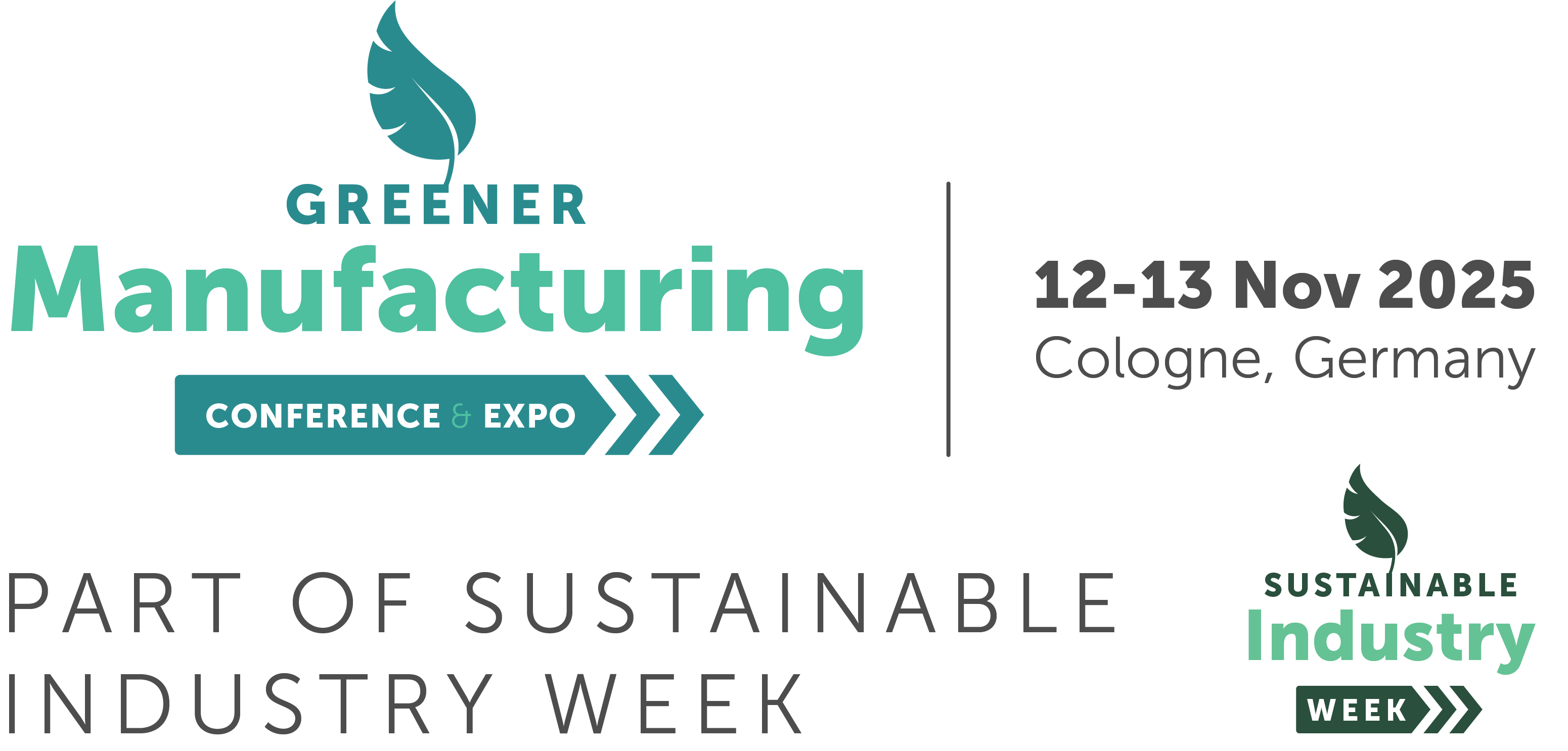Honeywell and Granbio have created a deal to develop jet fuel out of biomass
)
Honeywell and Granbio have agreed to work together with the shared aim to combine their technologies and develop carbon neutral sustainable aviation fuel (SAF).
This carbon neutral sustainable aviation fuel will be created through the companies combining their respective technology. Honeywell’s ethanol to jet (ETJ) technology will be combined with Granbio’s cellulosic ethanol AVAP technology. In order to create the SAF, the combined technologies will use biomass residue for their feedstock whilst in operation at Granbio’s US demonstration plant, which will be ready and operational soon.
The process to convert biomass to SAF requires the technology provided by both companies, and once these technologies have been provided, the process is relatively straight forwards. GranBio’s patented AVAP technology process works through taking biomass, which includes forest and agricultural residues, and converting it into pure low-cost, low-carbon-intensity sugars, lignin and nanocellulose. This process is then continued with Honeywell’s technology, which takes the cellulosic sugars and converts them to SAF by combining it with biochemicals.
The results of this process have multiple benefits, such as, through using forest biomass-derived ethanol from the AVAP process, the jet fuel Honeywell’s ethanol to jet fuel process produces, will be able to significantly reduce greenhouse gas emissions, bringing them to net zero on a total lifecycle basis, in comparison to regular jet fuel which is comprised of petroleum based chemicals.
The CEO of GranBio, Bernardo Gradin, commented, “Combining our biorefinery expertise with Honeywell experience in developing and scaling fuel technologies will help ensure SAF supply goals, while supporting GranBio’s mission to provide integrated value chain solutions throughout the world for net zero SAF from biomass. The AVAP technology has great potential, depending on feedstock and plant configuration to allow carbon negative SAF with current life cycle analysis. Plus, in addition to vast forest and agricultural residue available for feedstocks, there is an enormous potential to retrofit idle pulp and paper facilities in the US, revitalising forestry value chains and rural manufacturing with great social, environmental and economic impact.”
Barry Glickman, vice president, general manager, Honeywell Sustainable Technology Solutions, said, “GranBio’s low carbon feedstock coupled with Honeywell’s SAF expertise will help decarbonise air travel. Our advanced ETJ process is ready-now and builds upon Honeywell’s near 20 years’ experience in renewable fuels. Honeywell’s renewable fuels solutions, including ETJ, incorporate integrated, modular designs, that enable producers like GranBio to build new SAF capacity more than a year faster than is possible with traditional construction approaches."





